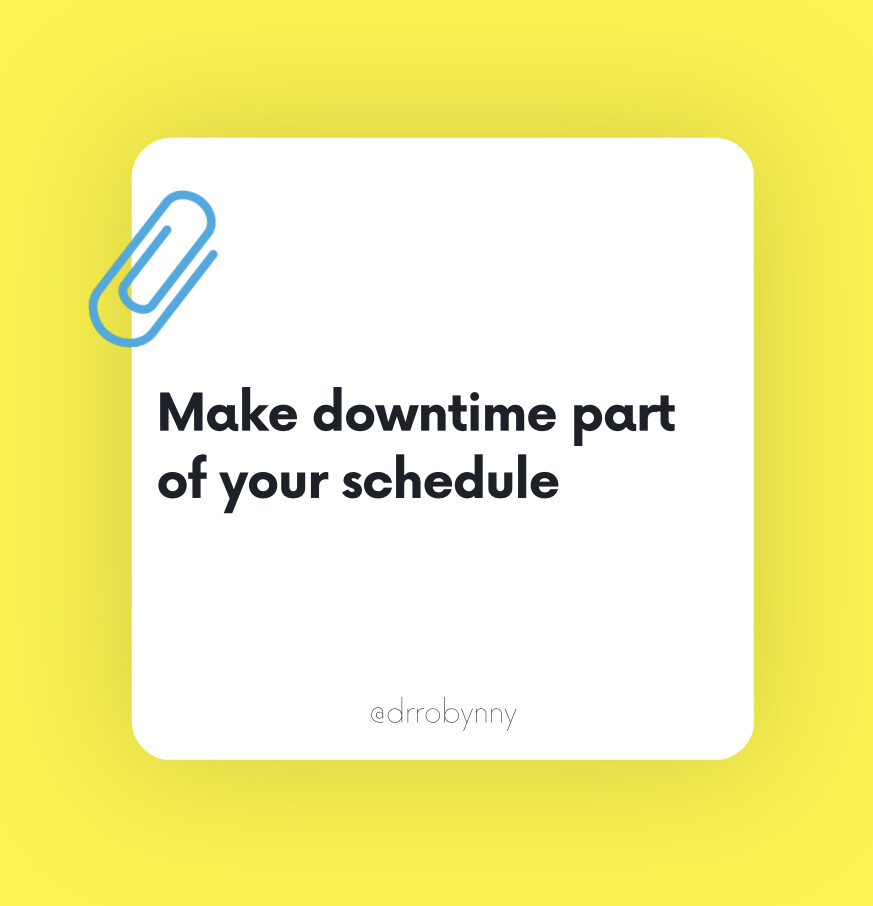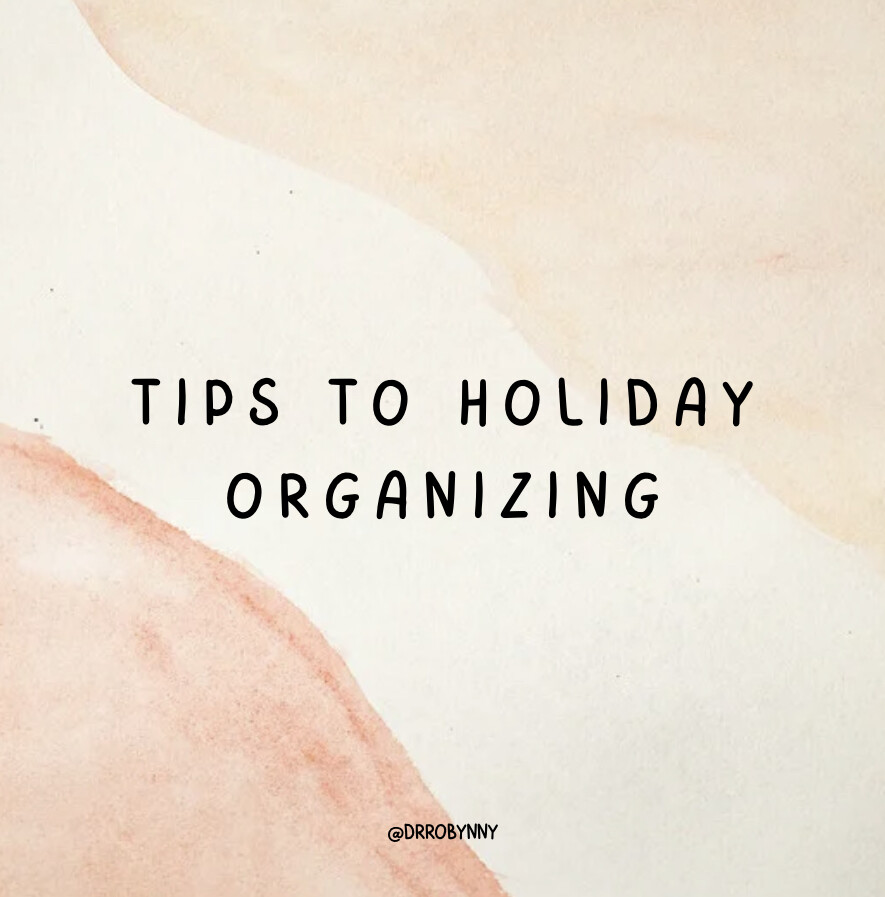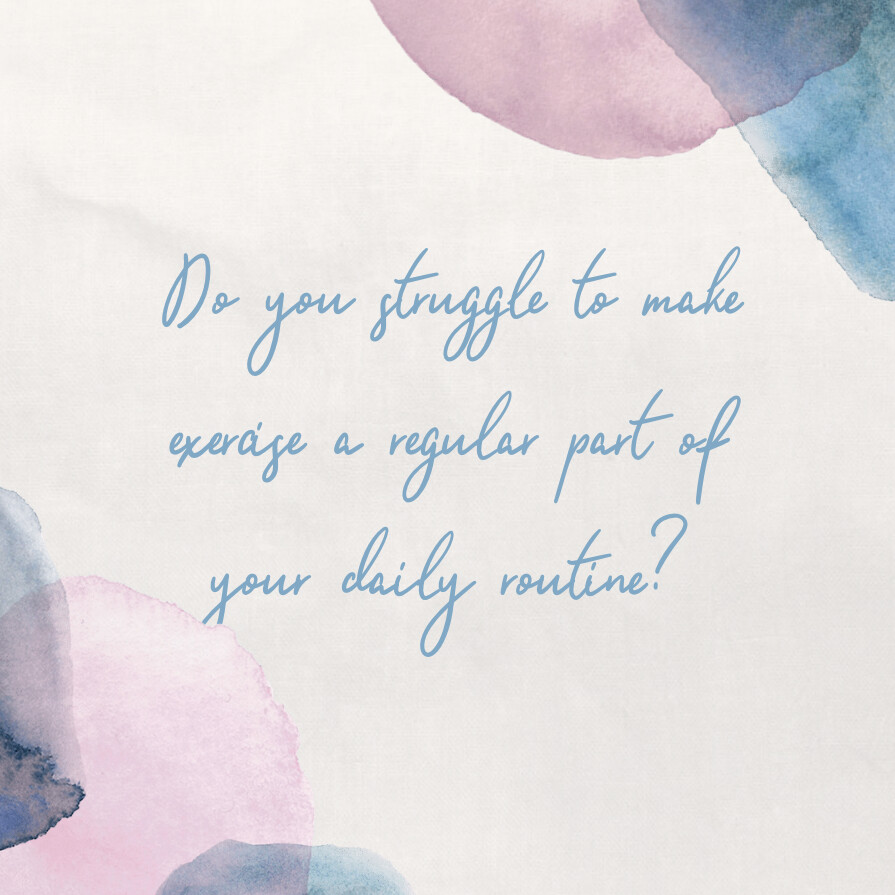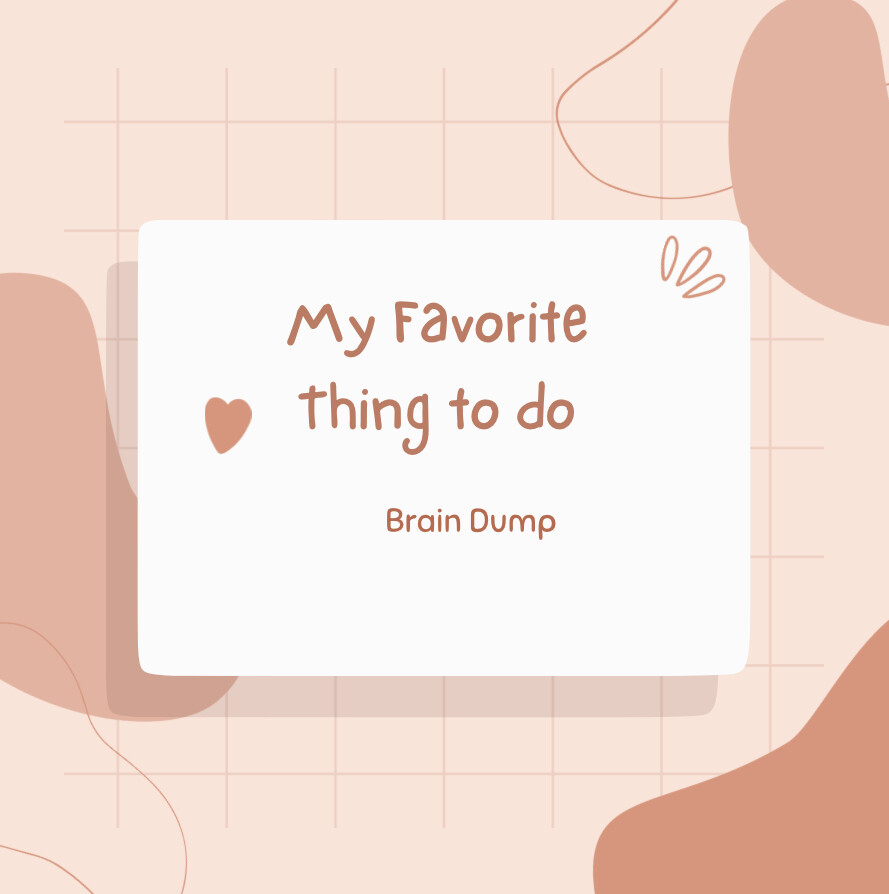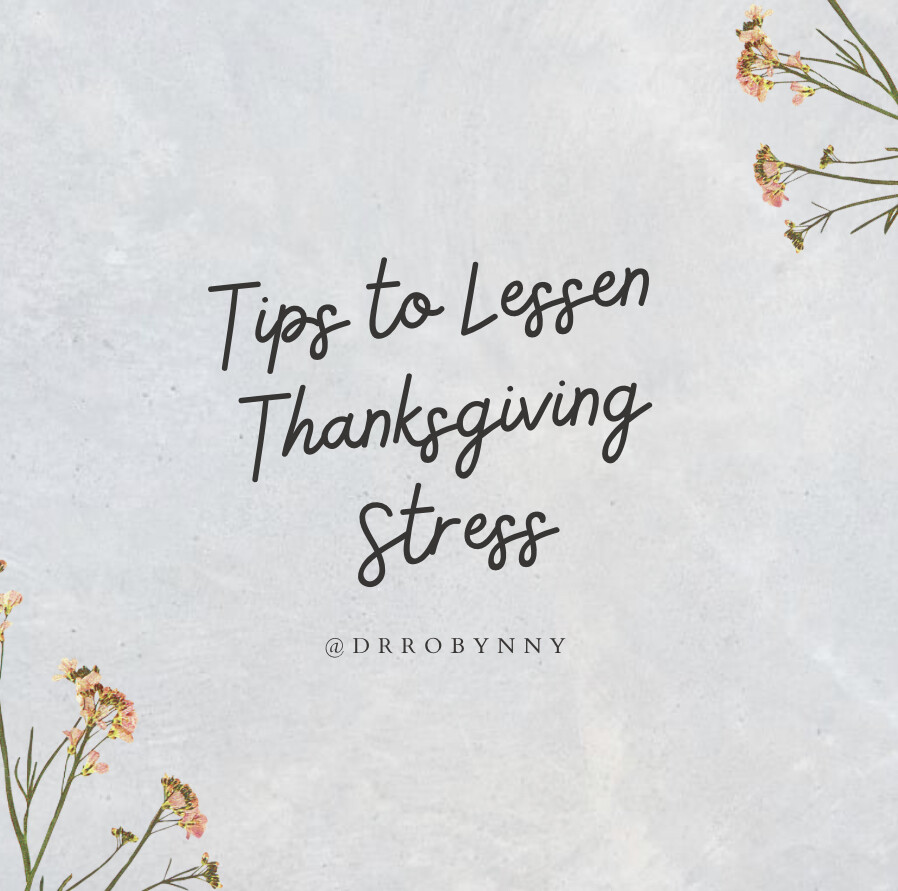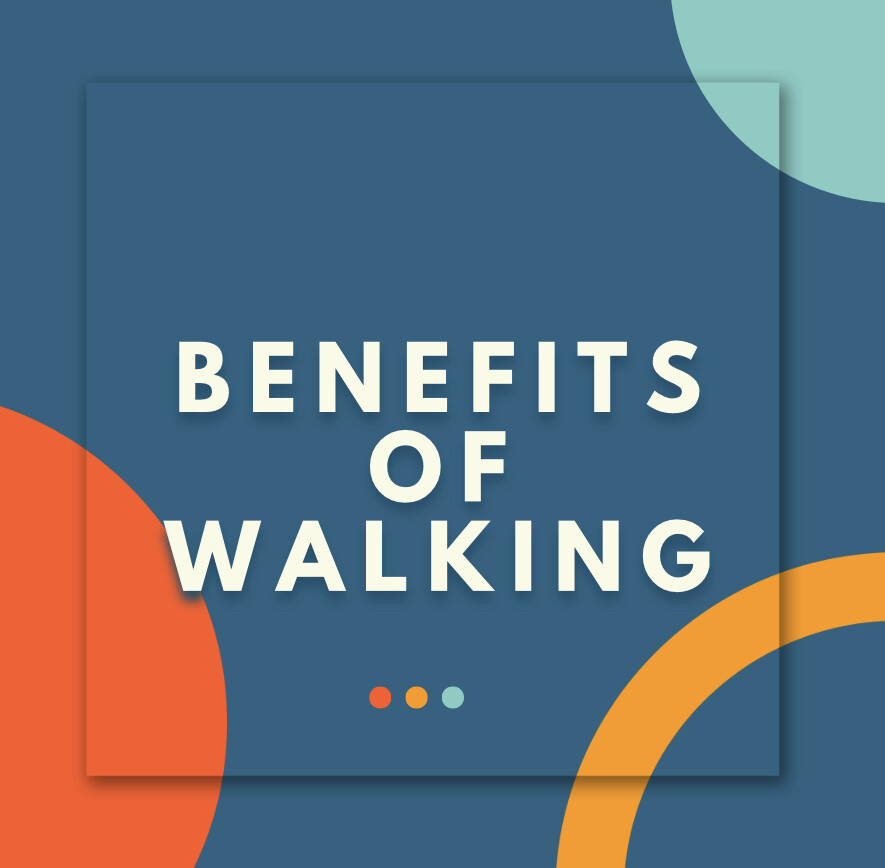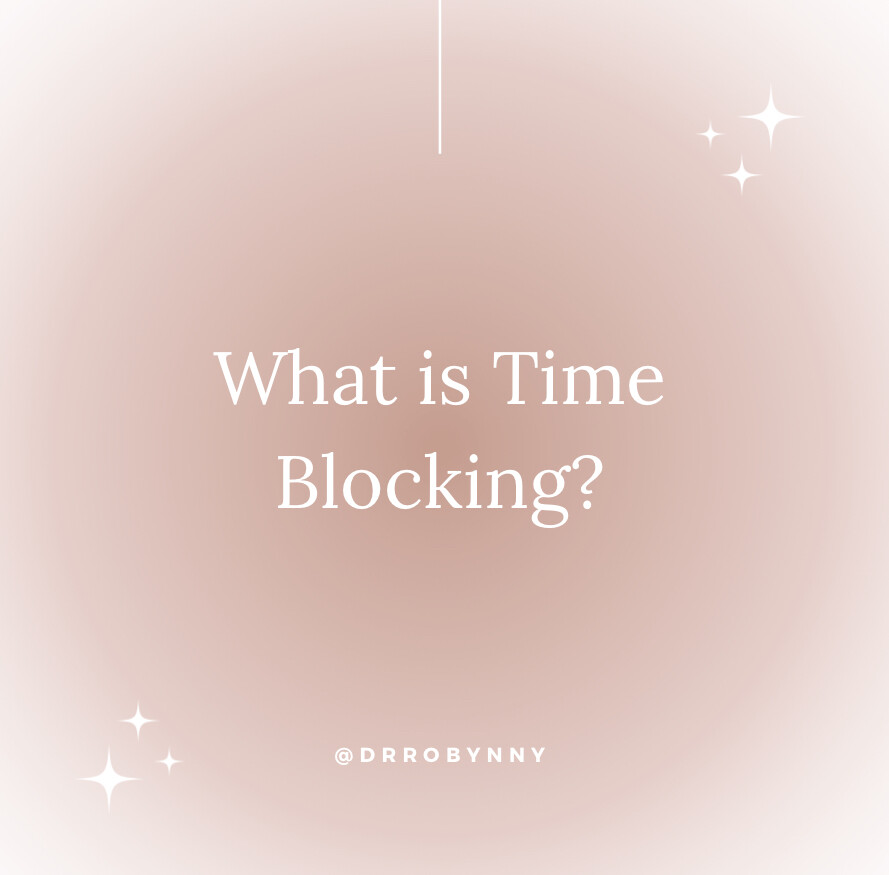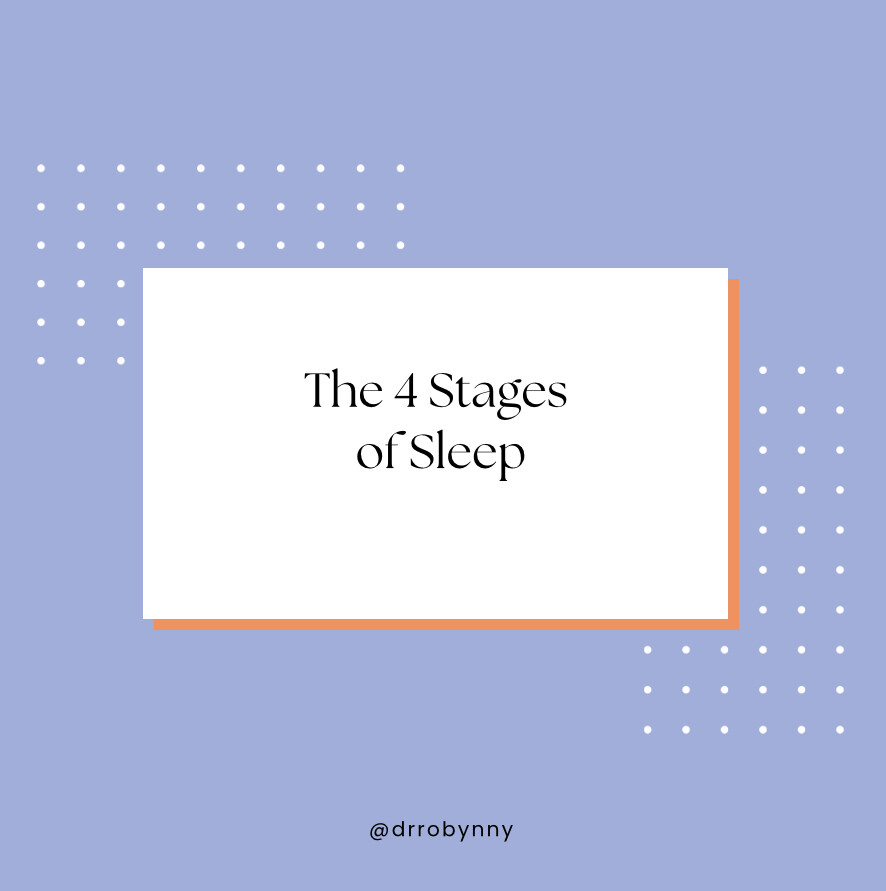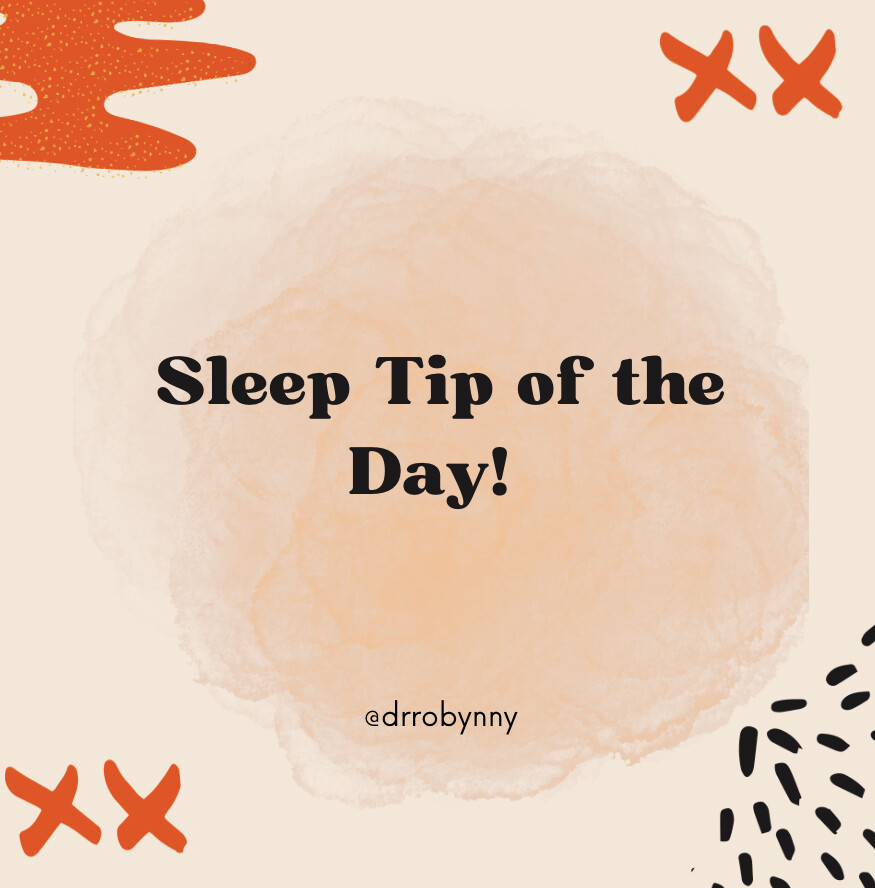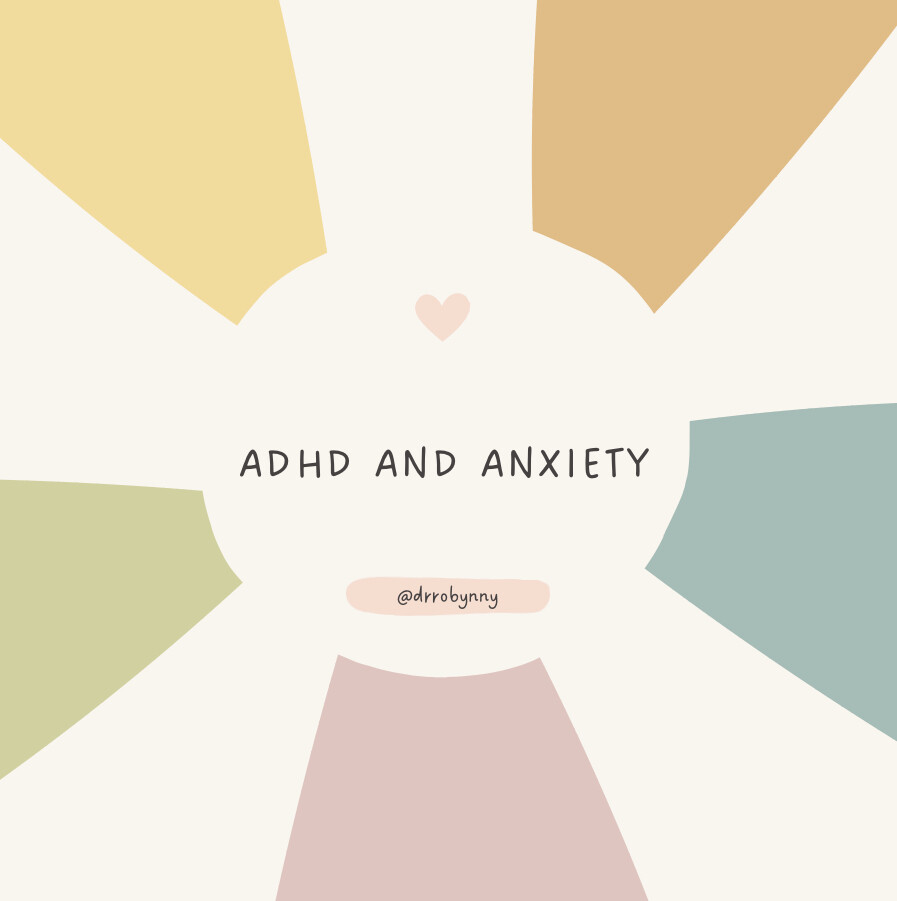
As I’m sure most of you know, anxiety is something that {almost} always goes hand-in-hand with ADHD.
Regardless of how hard we may try to avoid those anxious feelings, we sometimes find ourselves in the midst of anxiety.
So what do we do to get ourselves out of it? Here are some of my favorite ways:
1) Breathing exercises such as Alternate Nostril Breathing and Box Breathing
2) Taking a walk, outside in nature
3) Eat something to make sure your blood sugar is balanced
4) Skip the caffeine...caffeine can make the situation worse
5) Aromatherapy... essential oils are known to help with anxiety (I personally love a blend called peace and calming from Young Living)
What are some ways that you have found helpful for reducing your anxiety?

Let’s talk stress.
Raise your hand if you experience stress?? (all hands raised, right?)
First let’s acknowledge this: stress is a normal part of life and, in fact, it’s necessary for us to adapt and grow.
But us modern women, we take stress to a whole new level. Rather than short, helpful bouts of stress, we are under chronic stress. And these come in multiple forms:
Mental and emotional stress: bills, work deadlines, family matters, relationships, self-image
Physical stress: over-exertion (hello daily HIIT!), injury, infection
Chemical stress: cleaning products, personal care products (i.e., tampons, pads), makeup, perfumes, skin care products
It’s no wonder “stress management” is so hard!
But, I’m not here to stress you out about the multiple forms of stress you are under every day. I am here to help you become aware of it and find ways to manage it in doable ways.
For example, now that you know that your makeup is contributing to your body’s stress load, rather than trying to ditch everything at once, start small. Wait until you finish a product before you purchase a new, less toxic (read: less stressful on the body) product.
You can take the same approach to any products that need to be switched out to something less harmful to your body. If you need help with this, reach out to me. I can help you switch out those products and help reduce the stress load!
Rather than getting overwhelmed by the stress in your life, how can you take a step back and get a bird’s eye view so that you can decide on your stress management approach?
What is your go-to way of handling stress in your life?
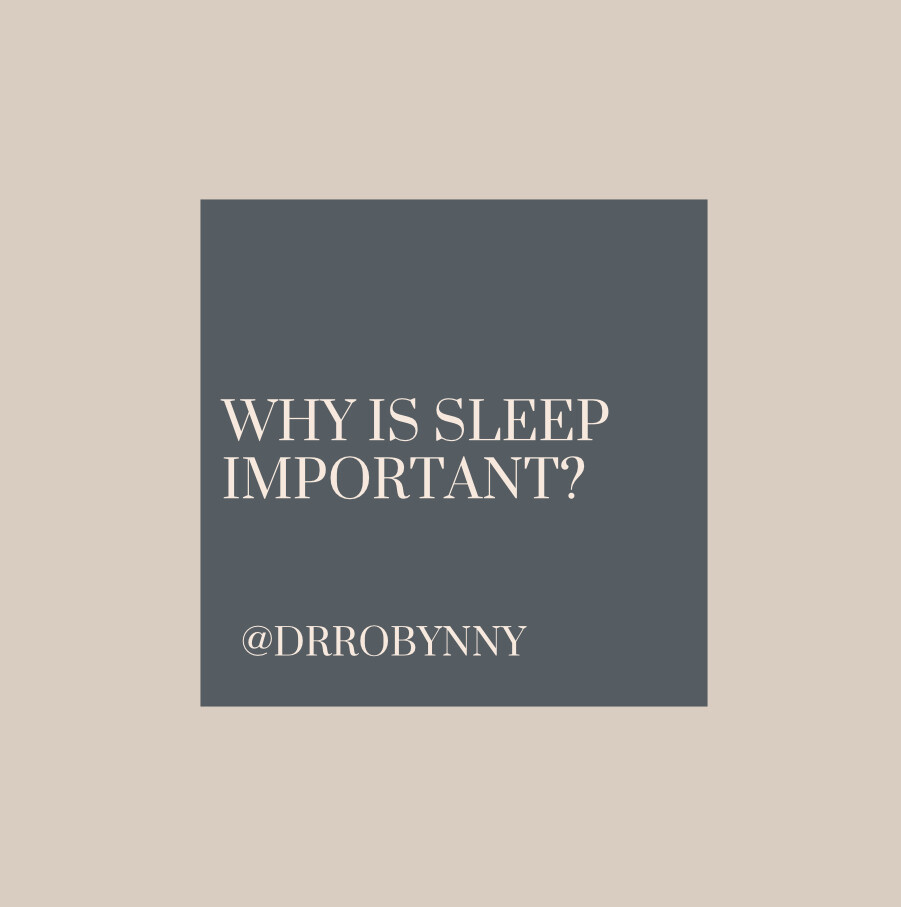
Let's talk about sleep!
Ah yes, the thing we know we need but it is SO hard to make sure we are actually getting it!
Sleep is restorative to the brain by doing more than just resting. When we sleep, we are better able to: organize new information, have a better memory, and a more efficient thought process!
If we miss out on sleep, we may be more prone to anger, foggy thinking, lose or have false memories, and make some risky decisions!
Sleep tip of the day: go to bed and wake up at the same time each day. Yes! Including weekends!
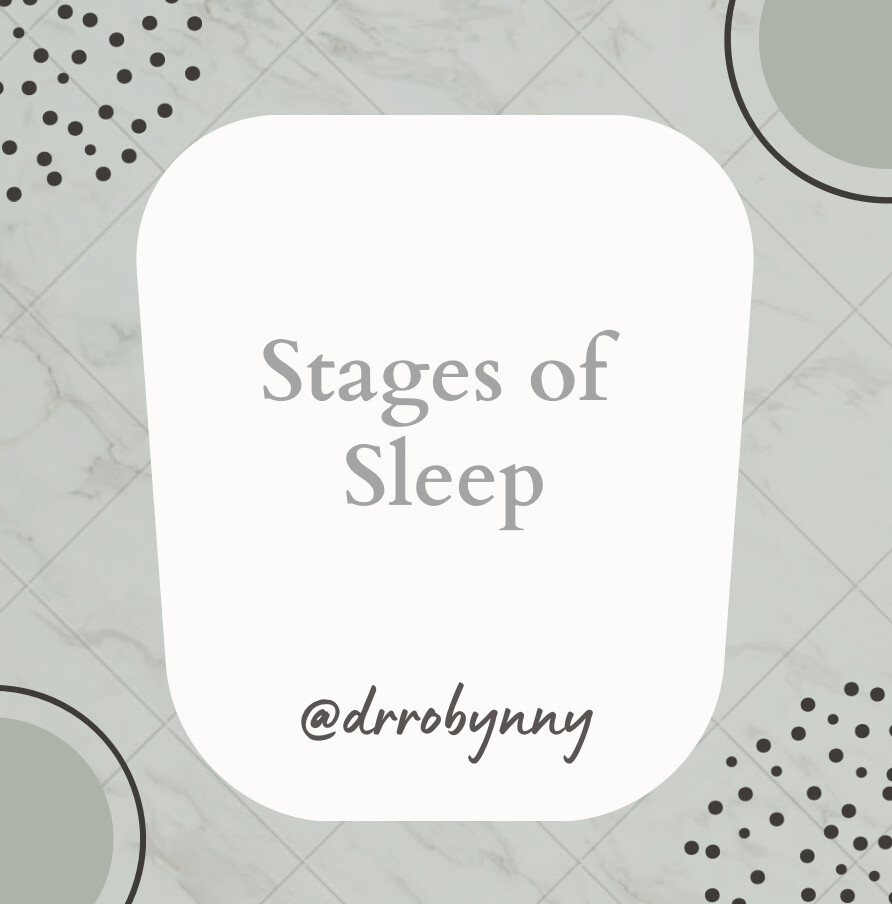
Many of us know we have REM sleep (when dreams happen) and Non-REM sleep but did you know that there are actually 4 stages? Each play a specific, unique role in brain health!
Stage 1: The transition between awake and sleep. The brain is still producing theta waves. If you were to be woken up during this time, you would likely say that you weren’t even asleep.
Stage 2: The brain begins to produce sleep spindles (brief burst of fast activity) and heart rate begins to slow. The spindles play an important role in memory consolidation!
Stage 3: This is actually where deep sleep occurs and our muscles relax as our breathing slows. The brain produces deep, slow waves known as delta waves. We need this stage to feel refreshed the next day.
Stage 4: REM sleep. The brain becomes active while the body immobilizes so we don’t act out our dreams! The brain is working on memory consolidation in this phase also. Our brain activity mimics our awake brain activity during this stage.
Sleep tip of the day: create a bedtime routine just like you had when you were a kid. The associations will help clue your brain in that you are getting ready for sleep
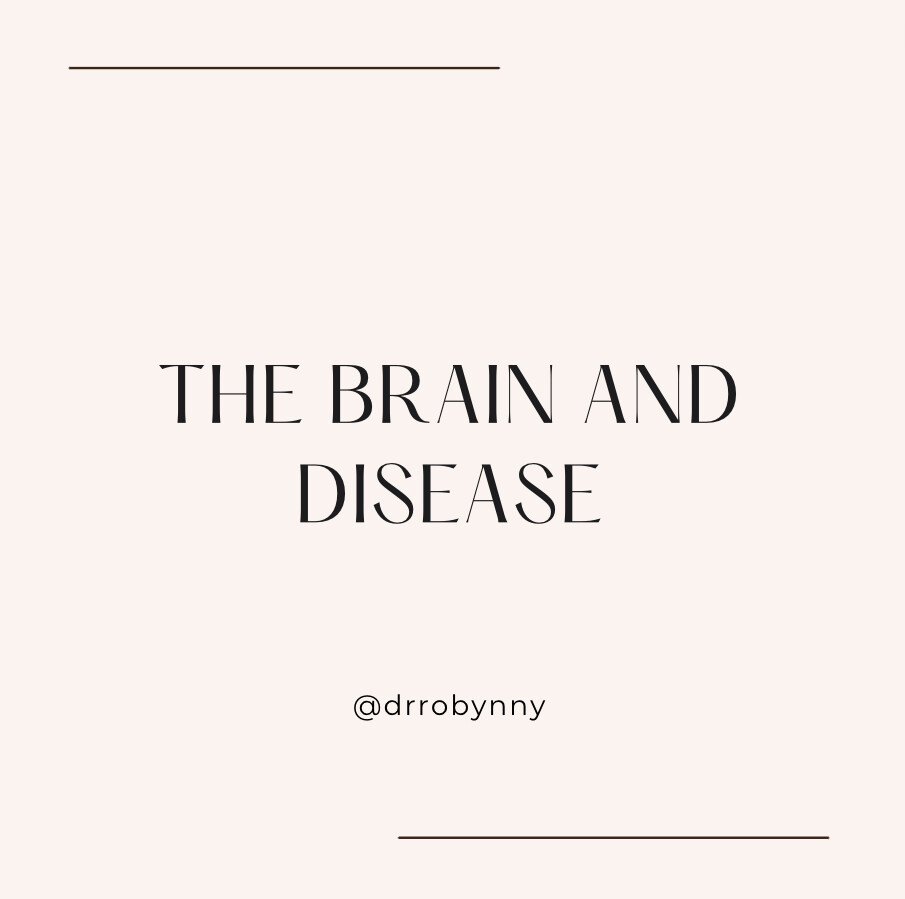
They looked at the blood flow during non-REM and discovered that small branches of arteries were much more dilated than when the mice were awake. Okay, but what does this mean? I’ll tell you!
This means that the dilated blood and increase of blood flow may help the brain move waste products out of the brain. This could help explain why sleep disturbances can possibly lead to Alzheimer’s and Dementia.
If the brain is unable to clear the waste due to lack of sleep, the neural waste fluid has nowhere to go. More studies are needed but in the meantime, let’s get to sleep!
Sleep tip of the day: the optimal sleeping temperature is between 60-67!


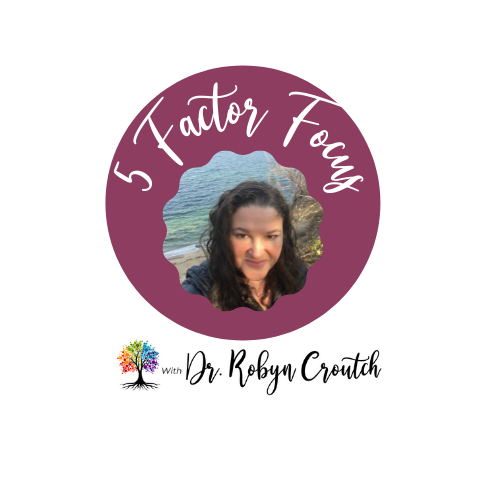
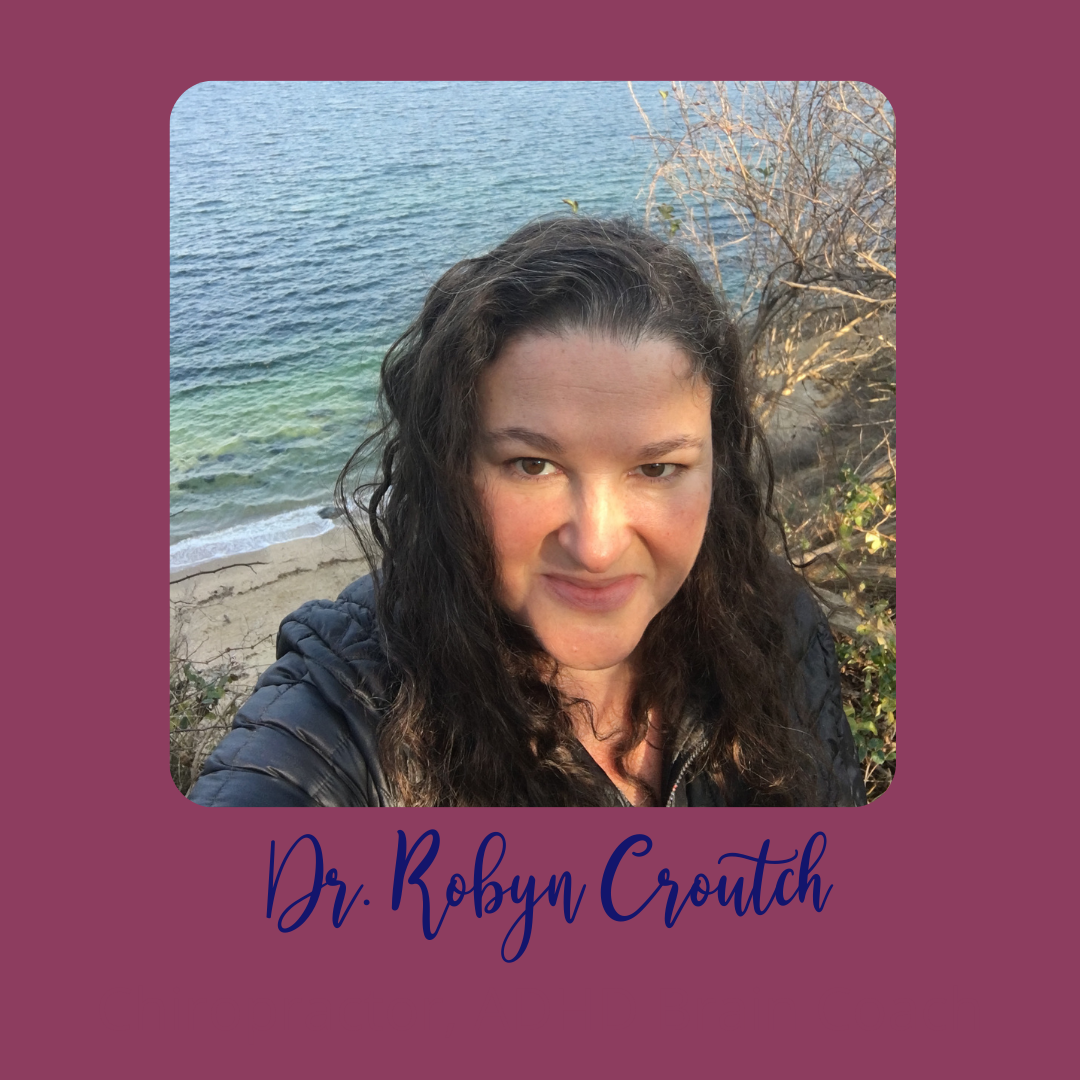 DO YOU STRUGGLE TO STAY FOCUSED? HYPER FOCUS? DISORGANIZED? HAVE ADHD? THINK YOU HAVE ADHD?
DO YOU STRUGGLE TO STAY FOCUSED? HYPER FOCUS? DISORGANIZED? HAVE ADHD? THINK YOU HAVE ADHD?